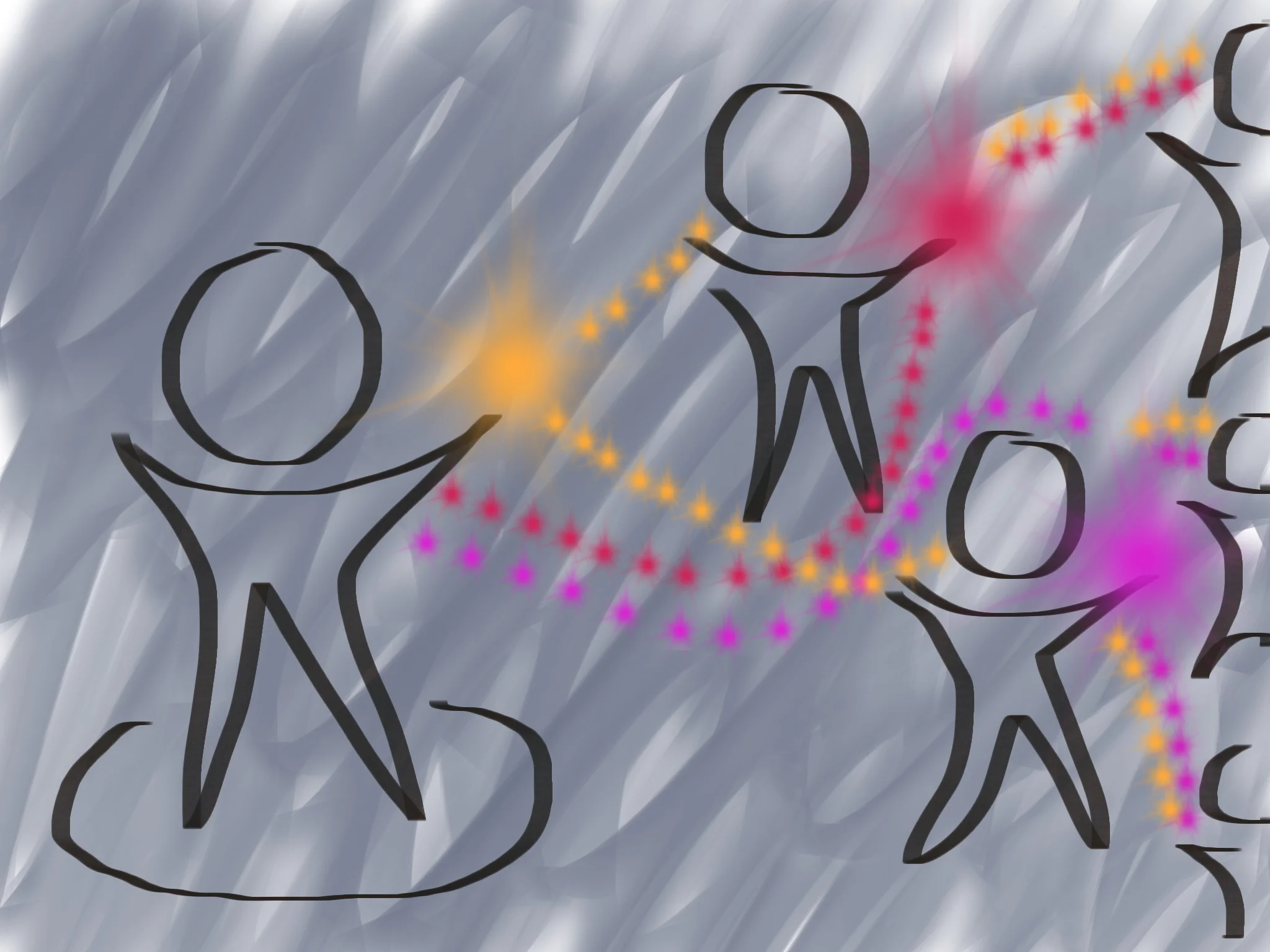Finding the Places We Belong
We are neurobiologically wired for connection. From Aristotle’s early writings that stated humans are social beings by nature, there have been countless writings highlighting the importance of connection and belonging. Casselland Cobb’s pioneering research from the 1970s concluded that people with less social ties were stressed and got sick more often. In his 2013 book, scientist, Matthew Lieberman stated that our need to connect is even more fundamental than our need for food and water. After years of listening to others, author and researcher, Brene Brown established that all people need “a deep sense of love and belonging.” Regardless of the perspective, it is fair to say that people need people and belonging.
But, what exactly is belonging? In joining with all kinds of people for the past 15 years and doing my own research, I have come to conclude that belonging involves both meaningful connections and contributions. The key word being meaningful. Belonging is not just about doing something near others, but it is about having genuine relationships and making valued contributions. Genuine relationships involve being with others who accept and appreciate us as we are. Valued contributions involve making additions to society that are important for us and also benefit others.
Connections and contributions rely on one another. When a single person contributes to a relationship or community, both the individual and their relationships become stronger. Likewise, individuals are able to reveal and fulfill their contributions within relationships. As we contribute and make connections, we become more ourselves and also open up new contributions in others.
As we contribute and make connections, we become more ourselves and also open up new contributions in others.
How do we find the places we belong?
Based on her research, Brene Brown tells us that we need to “soften and allow ourselves to really be seen.” In other words, we need to be vulnerable. She goes on to say that vulnerability comes from a belief and feeling that we are “worthy of love and belonging.” This feeling of worthiness can only come by directly experiencing it through meaningful connections and contributions. Knowing this, in no particular order, here are some ways to find the places we belong:
Try things: It seems simple and not too surprising that in order to have experiences, we need to engage in them. But, putting ourselves out there is easier said than done because we have to also allow ourselves to be imperfect and maybe even fail. Although we might have an idea of the things we may enjoy or be good at, we cannot know for sure. So, we need to try and lean in to the idea that we do not have to be perfect, or even successful. This process of trying things gives us practice with the felt experience of being imperfect but still worthy of love and belonging. We have to allow ourselves to fail, hurt, and feel bad so we can know and also experience what it is like to feel success, strength, and goodness.
Discover your gifts: Pay attention to the things you get excited about, feel pulled toward, find yourself daydreaming about, and the people whom you look up to; these are all clues to understanding your true self, not who you or others think you should be. Learning about, and better understanding, ourselves allows us to focus on where our unique differences will thrive and connect with others.
Find your tribe: Search for the people who understand and support you. You will know you have found your tribe when you feel safe to be yourself and share your gifts. Your tribe may be a group that is already out there or you may get to create your own. You can find your tribe by trying things and discovering your gifts. Online social networks can be great places to start and meet like-minded people. But, there is no substitute for a real in-person connection; there is something else that happens in our brain and bodies when we are face-to-face that cannot be gotten any other way. When you find your tribe, you can flourish and be vulnerable.
Not sure where to start? Start with what seems easiest, or most exciting, and the others will follow; connections and contributions rely on one another. In finding the places we belong, we will also find those where we do not feel a sense of belonging; this a welcome and necessary part of the discovery process. We need to trust ourselves when we have this feeling (and our children when they express this). Finding our places takes exploration, bravery, curiosity, and awareness; but it is worth it. Instead of focusing on changing ourselves to fit into places, finding the places we belong results in a flourishing self and place. After all, “when a flower doesn’t bloom, you change the environment in which it grows, not the flower.”

